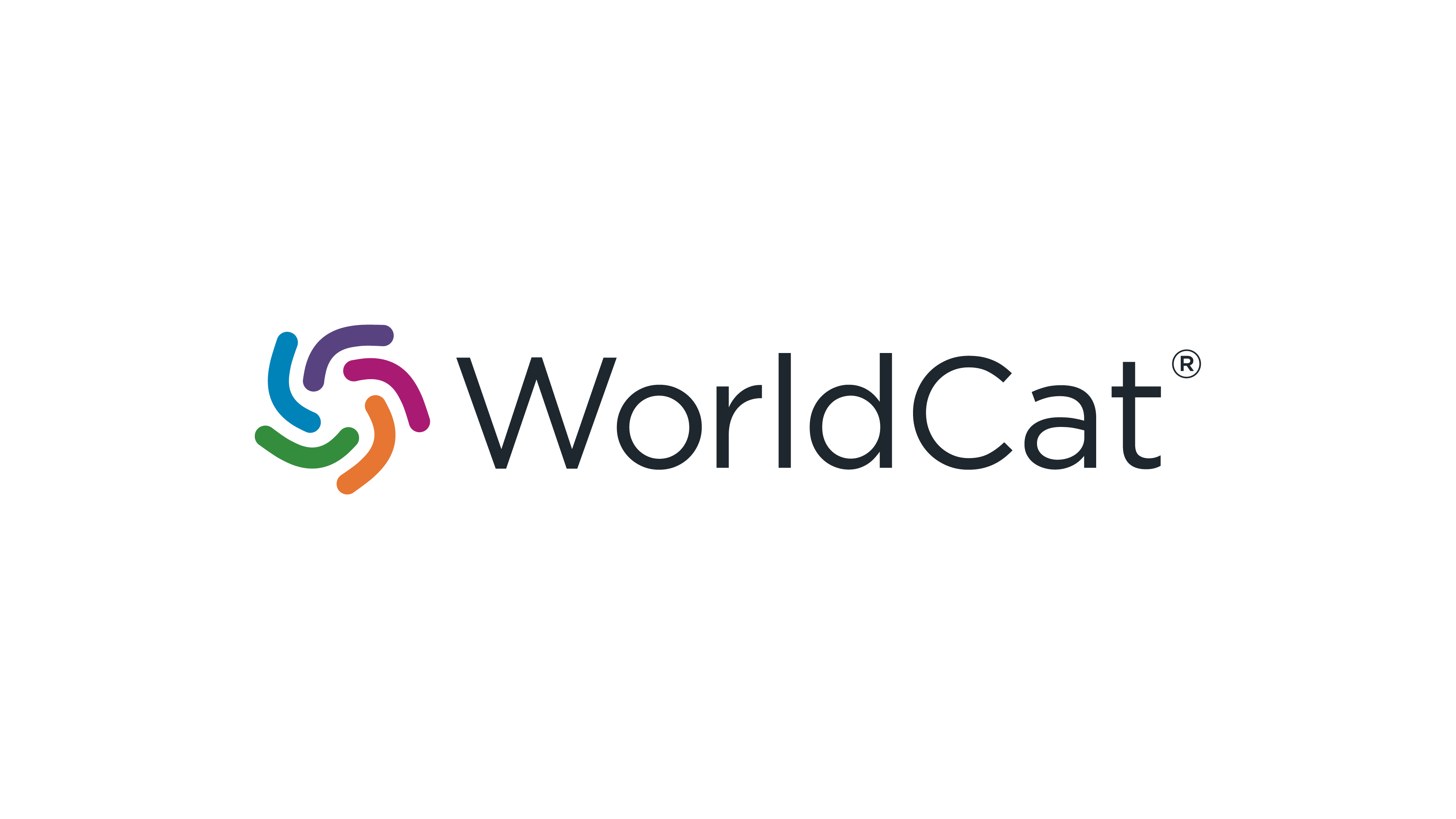For publication in Scopus, Web of Science, and more – Expert consultation for indexed journal submissions.
About the Journal
Welcome to The Journal of Contemporary Issues in Business and Government [ISSN: 1323-6903], a distinguished open-access platform dedicated to the dissemination of scholarly research with profound implications for business decision-making and government policy. Published by Ninety Nine Publication, our journal thrives on the principles of integrity, rigorous scholarship, and the broad dissemination of knowledge under the ISSN: 1323-6903.
ISSN: 1323-6903 | Founded: 1995 (print) & 2006 (Online) | Open Access | Rigorous Peer Review | CC BY 4.0 |Publication Frequency: Quarterly |Digital Archiving: CLOCKSS and LOCKSS | Publisher: Ninety Nine Publication Average
As we navigate the future, The Journal of Contemporary Issues in Business and Government continues to serve as a bridge across disciplines, enriching the dialogue between business, government, and academia. We invite you to explore our rich history, contribute your research, and join us in shaping the future of scholarly communication. Visit us at about us to learn more.





